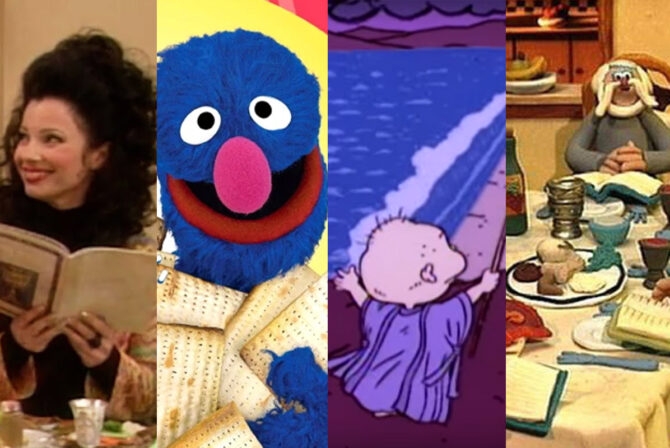I admit it. When my twins were younger, I hovered. Worried about everything, I tried to oversee and manage every aspect of my boys’ lives. I was afraid to make impactful mistakes that would one day send them to the psychiatrist’s couch. I looked up to mothers of older children with a blend of awe and admiration, thinking they possessed the holy grail of secret strategies to navigate parenting, education, extracurricular activities, play dates, punishments, and social interactions with other parents. Yearning to feel in more in control and less floundering, I grilled them for information and advice.
I am now one of the older moms. My youngest child has friends whose parents are (gasp!) mostly under 40. Now I am often asked for my advice. In these parents, I see reflections of my younger self. While I don’t claim to have all the answers, my parenting skills have evolved and I know where (some of) the land mines are. There are a few pieces of advice that I share with the younger moms so hopefully they can benefit from my mistakes:
READ: 4 Ways My MBA Prepared Me for Motherhood
1. Some things are important, some are not. While a green t-shirt paired with orange shorts may make you cringe, it is not a battle worth having. Instead of thinking about what other parents might say about your child’s creative wardrobe, focus on the fact that you’re fostering your child’s independence and individuality.
2. As your children get older, don’t try to control/manage their friendships based upon the parents that you’re friends with. If they distance themselves from kids that they’ve been close to since pre-school (and you’re sweating it because of your adult relationships), let it happen. This is not about you. Kids gravitate towards and away from other kids, and it usually works out on its own. If your kid is happy, you should be, too.
3. If your child is struggling in school, it’s OK to turn in less than perfect homework. That way, the teacher will recognize that s/he needs some extra help. By the same token, that perfect book report poster that you worked on “together” fools no one. Teachers know which projects are largely done by parents. Let the work reflect the kids’ effort and talent. It’s not your homework!
4. In today’s world, you can’t fully shield kids from upsetting news. It’s better to have an age appropriate conversation. Remember that with TV, Internet, and the all-informative school bus ride, kids are bombarded with information. Better to come from you.
READ: An Expecting Mother of Twins Seeks Advice
5. When you frame things as a choice, it empowers them and makes them responsible for their own behavior. For example, instead of “do your chores or you’re going to be in trouble,” try “you can either clean up your room and then go to the movies, or you can choose not to clean up your room and stay home–you decide.”
6. When there is more than one child in a family, there will be bickering, tattle tale-ing, and the occasional physical incident. You will be called upon to act as referee and judge. Avoid taking on that role, if possible. You can’t win because someone will feel unfairly treated. When I am asked to mediate, I try to acknowledge each child’s feelings, and then urge them to settle it themselves.
7. We all want our kids to like us. But we are not our kids’ friends. It is OK for them to be disappointed and angry at our parenting choices if we feel we are serving their best interests. They’ll get over it.
8. You cannot make everything 100% equal between your children all the time. Sometimes kids believe we show favoritism despite our best efforts to maintain equality. Kids have different needs at different times, and as parents, we are sensitive to this and sometimes adjust the attention we give accordingly.
READ: The Best Parenting Advice From Robin Williams Movies
9. If your child has a situation where another child is being mean or excluding them, intervening with the parent of the offending child is the wrong move (unless there is actual bullying occurring). It is better to use the opportunity as a life lesson and advise your son/daughter how to deal with the situation, and approach the other child directly. Kids need to learn how to deal with other people and develop problem-solving skills. When the parents get involved to resolve a dispute, not only can it trigger bad blood between the parents, but also the kids don’t learn to speak up for themselves. Additionally, the other parent may not be receptive to your critique of their child, and it may backfire and have unintended social consequences.
10. Trust your instincts. Whether you’re a first time parent or not, you need to listen to your inner voice. Yes, you’ll make mistakes, but it will make you a better parent in the end.







